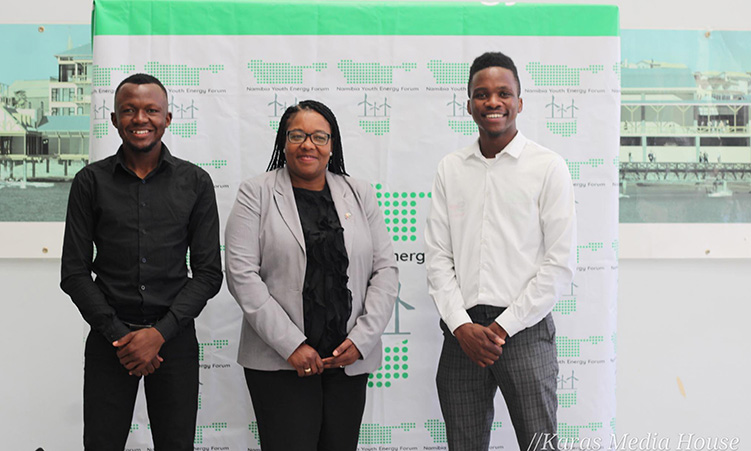Old age is not preventing people from enjoying active sex lives, researchers in the US have discovered.
A survey of 3 005 Americans aged 57 to 85 revealed that people often remain sexually active into their eighties. Health problems or lack of a partner, rather than lack of desire, were the most common barriers to having sex.The researchers say their survey overturns stereotypical ideas about sex and ageing, an area that has been little studied.”There are a lot of people who feel that age is very tightly correlated with sexual activity or interest,” Professor Edward Laumann of the University of Chicago, one of the report’s authors, told the BBC.”But it turns out that healthy people are sexually active if they have a partner, and that this is an important part of the quality of life.”Sex with a partner in the last year was reported by: * 73% of those aged 57 to 64 * 53% of those aged 64 to 75 * 26% of those aged 75 to 85 Of those who said they were sexually active, most said they were having sex at least two or three times a month.Half of the people surveyed up to age 75 said they had oral sex.About half of the men and a quarter of the women said they masturbated, regardless of whether they had a sexual partner.”This suggests that, among older adults, there is an internal drive or need for sexual fulfilment,” said Stacy Tessler Lindau, the study’s leader.The research highlights the importance of health on people’s sex lives.People who rated their health as poor were less likely to be sexually active than people in good health.About half of the respondents said they had a “bothersome” sexual problem.Among men, the most common problem was erectile difficulties.Fourteen percent of men said they used medicine or supplements to boost their sex lives.Women said lack of desire, difficulty with lubrication and inability to climax were their most common problems.The survey helps fill a gap in research on sex and sexual attitudes among elderly people, say the researchers.”People are living longer,” said Dr Lindau.”Many people have higher expectations for what ageing should be like, and we spend billions on treating erectile problems.Yet we have no baseline data on sexuality on later life.”These data will give people a sense of whether what they’re experiencing is typical.”BBCHealth problems or lack of a partner, rather than lack of desire, were the most common barriers to having sex.The researchers say their survey overturns stereotypical ideas about sex and ageing, an area that has been little studied.”There are a lot of people who feel that age is very tightly correlated with sexual activity or interest,” Professor Edward Laumann of the University of Chicago, one of the report’s authors, told the BBC.”But it turns out that healthy people are sexually active if they have a partner, and that this is an important part of the quality of life.”Sex with a partner in the last year was reported by: * 73% of those aged 57 to 64 * 53% of those aged 64 to 75 * 26% of those aged 75 to 85 Of those who said they were sexually active, most said they were having sex at least two or three times a month.Half of the people surveyed up to age 75 said they had oral sex.About half of the men and a quarter of the women said they masturbated, regardless of whether they had a sexual partner.”This suggests that, among older adults, there is an internal drive or need for sexual fulfilment,” said Stacy Tessler Lindau, the study’s leader.The research highlights the importance of health on people’s sex lives.People who rated their health as poor were less likely to be sexually active than people in good health.About half of the respondents said they had a “bothersome” sexual problem.Among men, the most common problem was erectile difficulties.Fourteen percent of men said they used medicine or supplements to boost their sex lives.Women said lack of desire, difficulty with lubrication and inability to climax were their most common problems.The survey helps fill a gap in research on sex and sexual attitudes among elderly people, say the researchers.”People are living longer,” said Dr Lindau.”Many people have higher expectations for what ageing should be like, and we spend billions on treating erectile problems.Yet we have no baseline data on sexuality on later life.”These data will give people a sense of whether what they’re experiencing is typical.”BBC
Stay informed with The Namibian – your source for credible journalism. Get in-depth reporting and opinions for
only N$85 a month. Invest in journalism, invest in democracy –
Subscribe Now!










